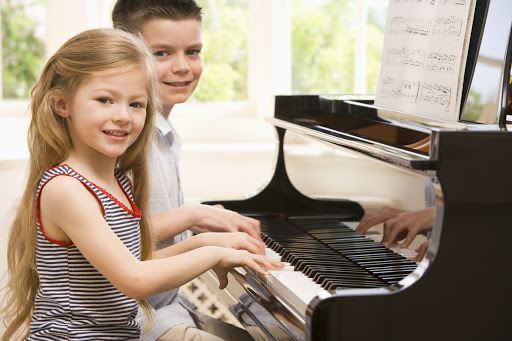
Music lessons VS sports-which will bring the most benefits to your children?
By: petersonDeveloping skills in music lessons or sports
For children, there are many benefits to dedicating time outside the school to extracurricular activities such as music lessons or sports, which will challenge their brains to think in different ways and provide an outlet for creativity and physical energy. While signing up for soccer or basketball definitely has a number of healthy rewards, musical instrument education provides many of the same benefits – plus a few more.
Learning a sport is no different from learning a musical instrument. They both require patience, dedication and teamwork. These are wonderful skills for any child to build, whether they're in grade school or high school. When it comes to practice and performance, students must pay attention to their peers and learn how to communicate whether they are in the practice room or in the gym. However, people often fail to understand that music lessons can also be very physically demanding and provide some of the same cardiovascular benefits of athletics-just ask the percussionist, saxophonist or cellist how they feel after a rigorous practice! In addition to physical exercise, young musicians will also learn balance, breathing techniques and coordination as they continue their lessons over the years.
Non-physical benefits of instrumental teaching or athletics
As in sports, there are also mental and emotional benefits to music education. With both activities, students develop better concentration and focus, as well as self-confidence, as their skills improve. With music lessons, students often have the benefit of starting their one-on-one training with a teacher, just like the private music lessons we offer. In this setting, the teacher will give a lot of immediate feedback and personal attention as children begin the self-conscious process of learning something new. For many students, this is a more positive way to learn, rather than having an athletic coach with holler instructions and corrections across a crowded field of peers.
BLOG
Music articles to help you understand the process of learning to play an instrument more!
VISIT OUR BLOGJoin PETERSON’S most distinguished music academy for everyone
Exclusive music instruction form the children at the age of four
REGISTER NOW